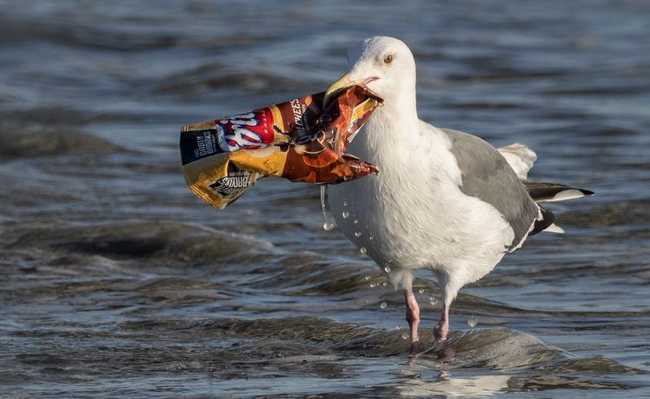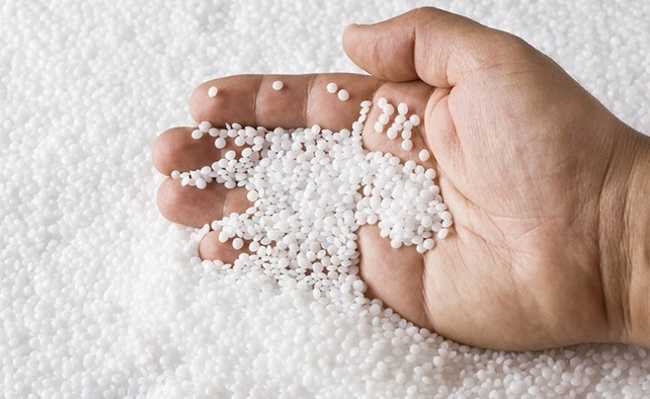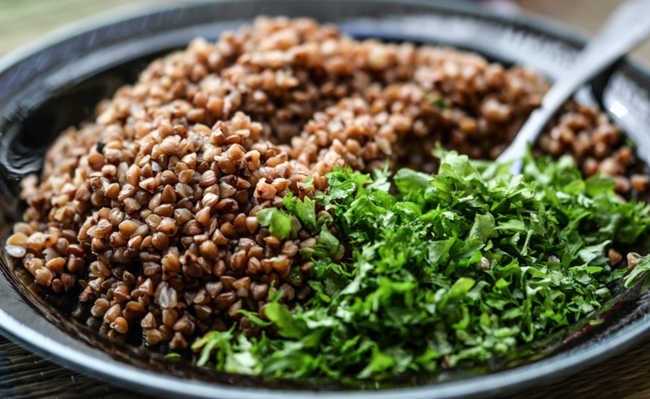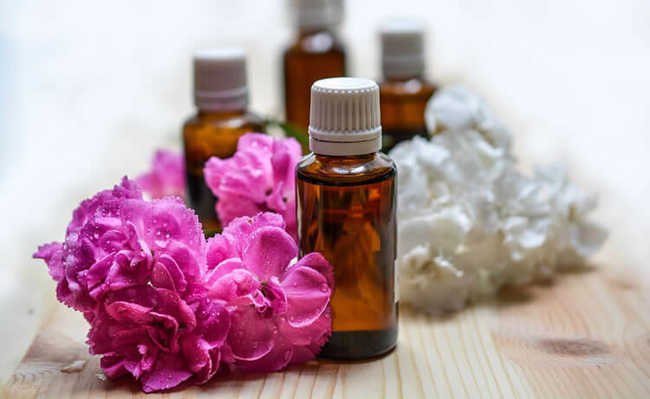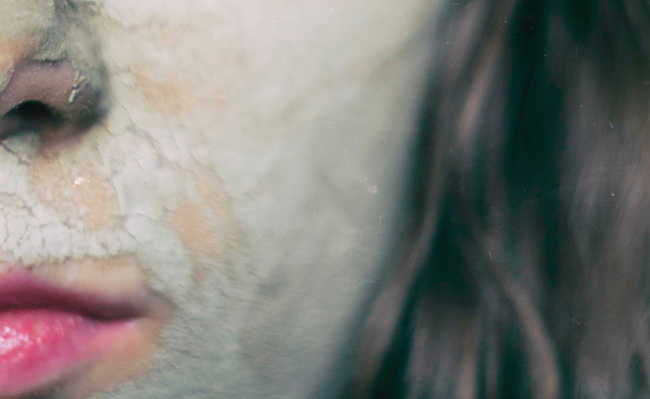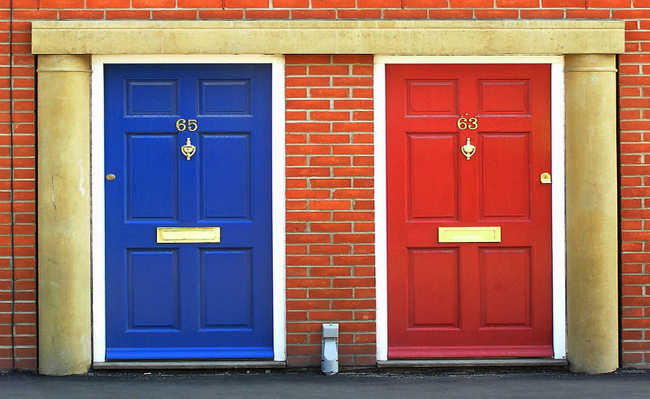Flower is a natural dengue repellent option
A plant called sunn hemp is responsible for attracting dragonflies in yet another alternative way to fight the mosquito that transmits dengue

The crotalaria (Crotalaria juncea L.) is a leguminous plant common in Northeastern Brazil and which, according to specialists, has natural substances in its flowers that attract the dragonfly, one of the mosquito's natural predators. Aedes aegypti, transmitter of dengue . It is a plant that serves as a repellent against dengue, helps in its prevention, but it is not the solution to the problem.
- Six plants that act as a natural repellent
What happens is that the dragonfly does not usually have urban habits, existing in greater quantity in wild environments, and the mosquito Aedes aegypti it is not part of the insect group as a favorite meal. The dragonfly only lays its eggs in large deposits of clear, still water, whereas the mosquito depends only on a droplet of water to breed - so dragonfly larvae will not always find mosquito larvae Aedes at "meal" time.
It is necessary to remember that the cultivation of sunn hemp, and even citronella (which is widely used as a repellent for mosquitoes and mosquitoes), continue to be alternative methods in combating dengue. The best precaution, until we have a vaccine, is still people's awareness.
Deposits and reservoirs with water must always be well covered, whether inside or outside the houses; it is the government's responsibility to clean up vacant lots (which citizens must not dirty or use as a clandestine dump); garbage should be placed in closed drums; it is important to clean the roof gutters frequently.
THE Juncea crotalaria it is also used as a top dressing (green manure), helping to reduce nematodes (pests) present in the applied area. After maturation, it blooms in an average of 100 days, starting to attract dragonflies (which are a biological control against dengue fever).



